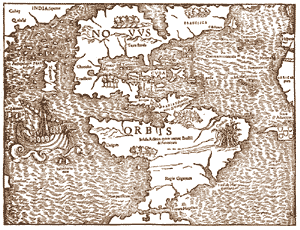
NEW WORLD
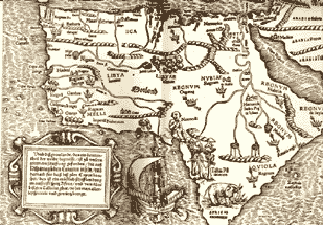
AFRICA
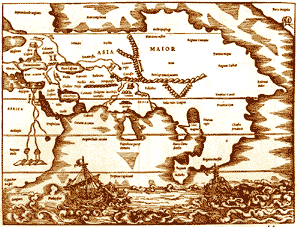
OLD WORLD (inc Asia, Arabia)
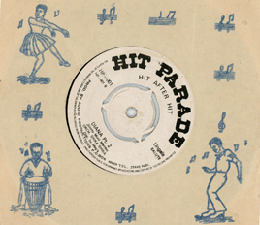


 NEW WORLD
|
 AFRICA
|
 OLD WORLD (inc Asia, Arabia) |  African Discographies | |||
Greetings, Platterbugs!
Updated 3 February 2026
My Best of the Year 2025 is HERE with a podcast tooNew releasesMariama & Vieux, who hail from Casamance in Senegal, team upMohammed al-Harazi cassette of Yemeni music from Hive Mind, and it's "name your own price" for a limited time Latest from Albarika Stores is a set of salsa from Toffo Housso, backed by les Volcans du Benin "Fanjiry" by Damila, new Tsapiky music from Madagascar (Feb 6) The late Congolese legend, Bopol remix from Palenque records also from Palenque: Zando Beats from Kinshasa, very urban Vintage highlife from the Benders (Lagos, 1974) no vinyl mentioned, as yet, and their debut album, pioneering Afrobeat featuring Tunji Oyelana and a guest shot from the Lijadu Sisters
Coming in March from Bongo Joe: Barezzi: Jazzy flamenco from Belgium Thorsten Bednarz says this is "beyond everything"... 2 hot tracks from Orchestre Poly Rythmo de Cotonou
Tony Pitt, African explorerEssam from Algeria: desert bluesGarissa Express: Somali women based in Northern Kenya (from 2010) Gordon Koang, a Nuer from South Sudan, now expatriated in Australia
French compilation of Malagasy Tsapiky, but not quite as distorted as usual!
Solo guimbri from a young man, Mostafa Mahjoubi
Videofrom Richard Shain, high production-value Colombian roots session: vocals with brass band; and moreMatthew Wilson of JAZZ CRAZY has posted "Bembeleza Mapendo" by Mwenda Jean Bosco
from Ellen K-N: Alaa Zouiten: Flamenco with oud and strings
OtherwiseSome history of Tanzanian legends Vijana Jazz from eye witness John KitimeRadio profile of Leo Sarkisian (1921-2018), African traveler who recorded for Tempo Records and then Voice of America (via Matthew Lavoie) I updated the Congo in Kenya page (thanks as always to Alan W)
R.I.P.Lowell "Sly" Dunbar: obituary via Rob Walsh
| |||||||||||||||||||||||||||||||||
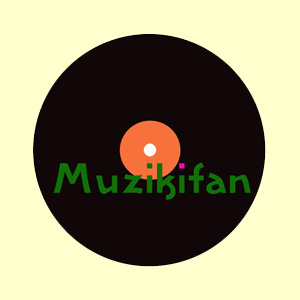
Latest Muzikifan Podcast(Note: The muzikifan podcasts arehosted on Soundcloud; please subscribe there) |
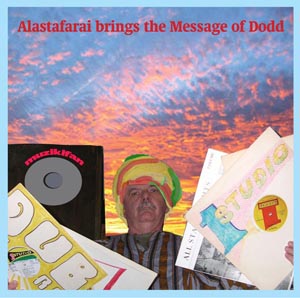 Message of Dodd, a tribute to Studio One :singles, versions and extended mixes from Jamaica |
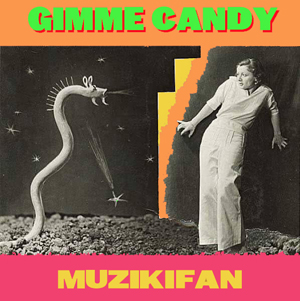 Gimme Candy : music from India and Arabia,plus Congo, Jamaica, Peru & Cuba |
 |
 |
LOS ROGER'S DE IQUITOS |
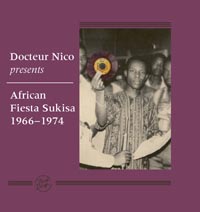 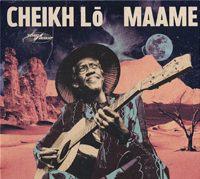 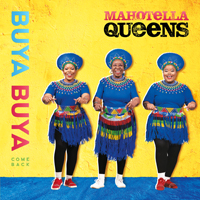 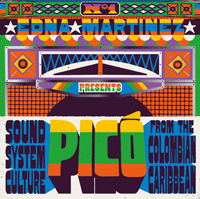
|
Most recent reviews(click on maps at the top of the page to get to continent of choice)
January 2026
Excavated Shellac: Voices is filed under world miscellany
December 2025
Dr Nico presents African Fiesta Sukisa &
November 2025
Bizimungu Dieudonne from Rwanda, is filed under African miscellany
October 2025
I put Cheikh Lo's latest, Maame, in Senegal part 4
September 2025
Mahotella Queens' latest is filed in South Africa, part 2
July 2025
Edna Martinez is filed in world miscellany, though her music is from Colombia ...
PAST TOP TENS BY YEAREssentially the best of this website in condensed form:
|
2025 |
2024 |
2023 |
2022 |
2021 |
2020 |
2019 |
2018 |
2017 |
2016 |
2015 |
2014 |
2013 |
2012 |
2011 |
2010 |
2009 |
2008 |
2007 |
2006
|
MY BEST-SELLING BOOK!"Essential reference guide to the Congo guitar king" — SONGLINES 64 **** (four stars)"I do not know anybody who has such immense knowledge of African music. Congratulations." — Gerhard G (a purchaser) BACK IN PRINT (Second edition, November 2012)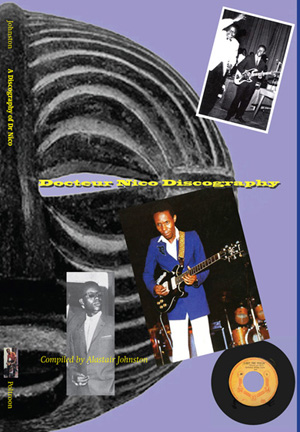 A DISCOGRAPHY OF DOCTEUR NICO
Poltroon Press, 2012, expanded to 88 pages; list price $19.95. |
LETTERBOX
|
|
CURRENT MOON |
all of the writing on this site is copyright © 2004-2024 by alastair m. johnstonYour comments are welcome. Or join the discussion on facebook If you are not already a subscriber, send me an e-mail to be notified of updates, or fill in the box above. Please note none of the music discussed on the site is for sale by me. Also we will not use or share your mailing address for purposes other than the monthly notification of updates. You can reach me at contact[at-sign]muzikifan[dot]com
|